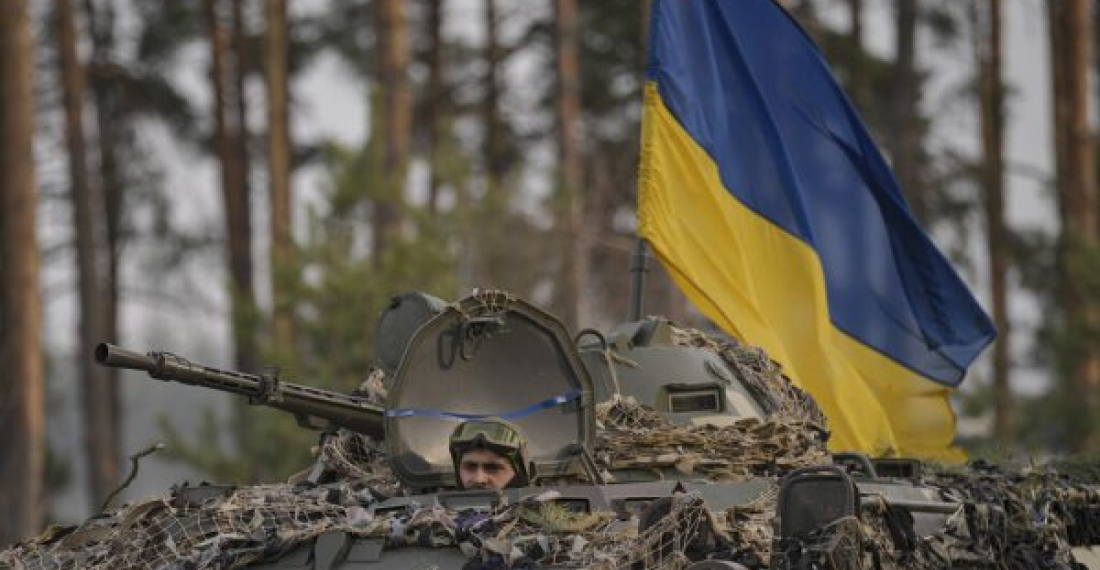Ukrainian forces have liberated over 2,000 sq km (772 sq miles) of territory from Russian occupation in a rapid counter-offensive in eastern Ukraine.
Ukraine's rapid advance saw troops enter the key towns of Izyum and Kupiansk on Saturday, although fighting continues in the vicinity of the towns. Officials in Kyiv said Ukrainian forces were still fighting to gain control of a number of settlements around Izyum, while adding that more than 30 towns and villages have been retaken in the Kharkiv region.
Russia's defence ministry confirmed its forces' retreat from Izyum itself and Kupiansk, which it said would allow its forces "to regroup" in territory held by Moscow-backed separatists.
The Russian ministry also confirmed the withdrawal of troops from a third key town, Balaklyia, in order to "bolster efforts" on the Donetsk front. Ukrainian forces entered the town on Friday.
Meanwhile, the head of the Russia-installed administration in the Kharkiv region recommended that its people evacuate to Russia "to save lives".
Unverified footage on social media appeared to show long queues of traffic building up at border crossings.
And the governor of the Belgorod border region in Russia said mobile catering, heating, and medical assistance would be available to people queuing.
The pace of the counter-attack has not only caught the Russians off guard, but even surprised some Ukrainians.
But Russians still hold around a fifth of the country, and few imagine a swift end to the war.
The Ukrainian advances - if held - would be the most significant frontline changes since Russia withdrew from areas around Kyiv in April.
Kupiansk had served as Russia's main eastern supply hub and the loss of Izyum - which Moscow spent over a month trying to take at the beginning of the war - would be seen as a major humiliation for President Vladimir Putin.
According to one military expert, the advance marks the first time since World War Two that whole Russian units have been lost.
The gains will also be seen as a sign that Ukraine's army has the capacity to retake occupied territory - crucial as Kyiv continues to ask hard-pressed Western allies for military support.






